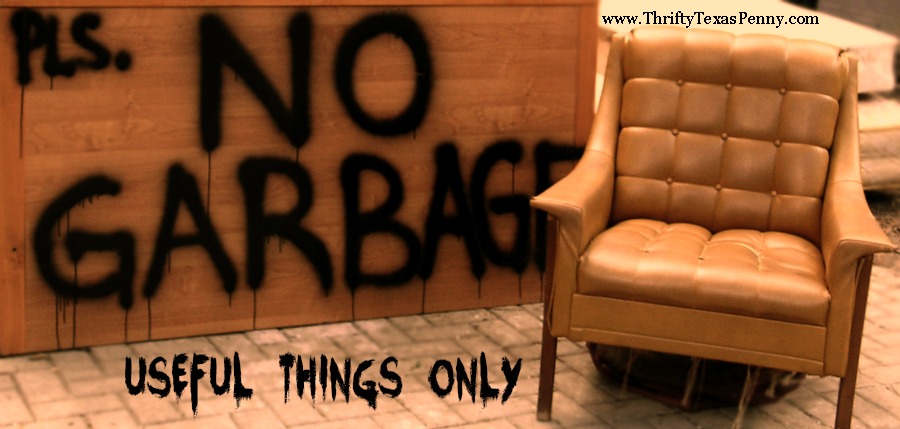Waste is probably the biggest money pit that any of us have, whether it’s buying more than we need, not using what we have, or not using our time wisely. Long ago when hunters would bring in their kill, it wasn’t used just for food. Nearly every part of the animals were put to good use: meat for food, rawhide for clothing or shelter, bones for weaponry and tools. Nothing was let go to waste. Even going back to the early 1900’s, people reused nearly everything they had.
- Milk bottles were set out to be refilled
- Baskets and boxes were reused for collecting things
- Packaging was saved for letter writing, for another package, or for a fire
- Clothing was passed from child to child until it wasn’t useable anymore and then the better parts would be salvaged for quilts
- All food scraps were saved to feed livestock and pets.
Waste simply wasn’t an option. Our society is so consumed with consuming that we don’t think twice about discarding things. Nor do we think twice about spending more money to replace those items we just discarded.
So how is this concept applicable today? For sanitary reasons it’s not practical to reuse some items. But many can be reused with a little forethought and by being intentional about having less waste.
- Stop buying paper plates. Instead purchase a couple sets of inexpensive, dishwasher safe plates that you can use for get togethers. Your every day dishes will still be available for dinner, but you don’t have the expense or waste of throwing away paper.
- Cut back on paper towel usage. Rags are easily washable.
- Save your plastic ziploc bags without messing with washing them. Those cheetos crumbs aren’t going to cause a problem if you put cheetos back in the same bag all week.
- Keep plastic containers like butter and sour cream tubs for taking meals to friends or for your kids to play with.
- Print coupons on the back of printed pages that you don’t need any more, or let the kids color on those instead of blank paper.
- Consider composting instead of throwing away fruit and vegetable peels and scraps.
- Consider reupholstering furniture or listing it on freecycle instead of setting it by the curb.
Make a conscious effort to be less wasteful. Can you find at least one thing to do this week to reduce waste in your household? After all, one tiny step at a time is how we all learned the way to walk.





My coupons scraps are the kids art supplies, and we just started composting as well. There’s always some produce that seems to go bad before we can use it so now I don’t feel quite as bad about that. HOpefully it can help grow some we wont have to buy this summer! I love these tips!